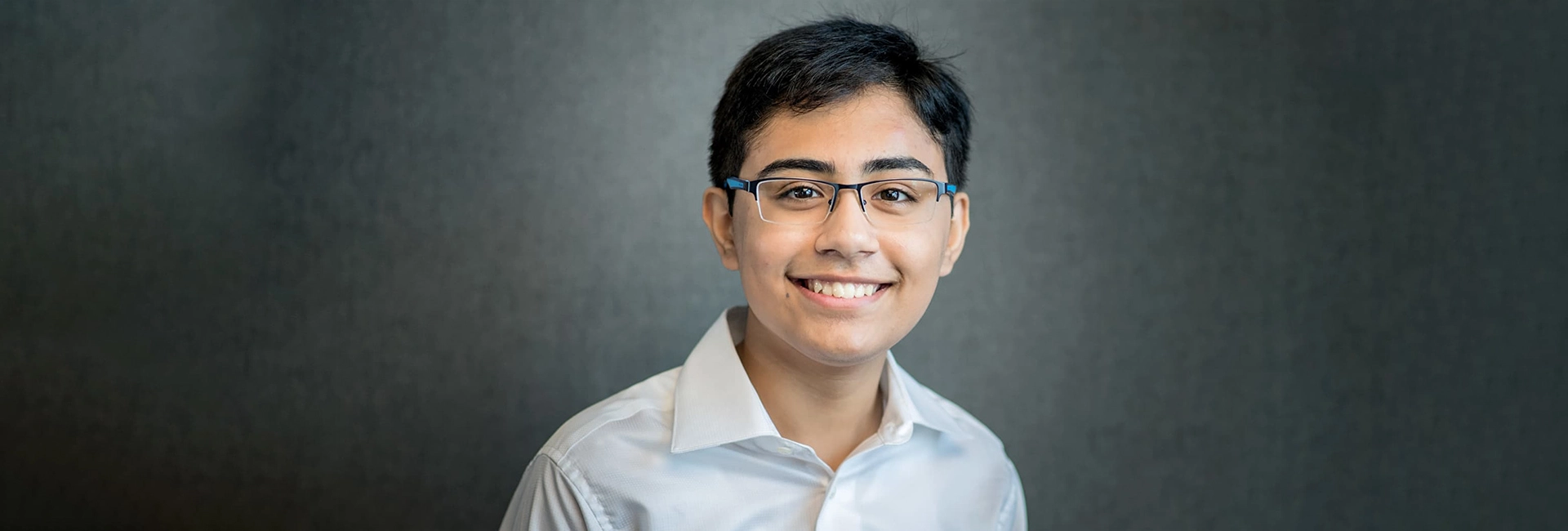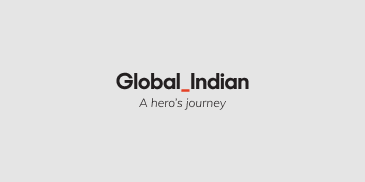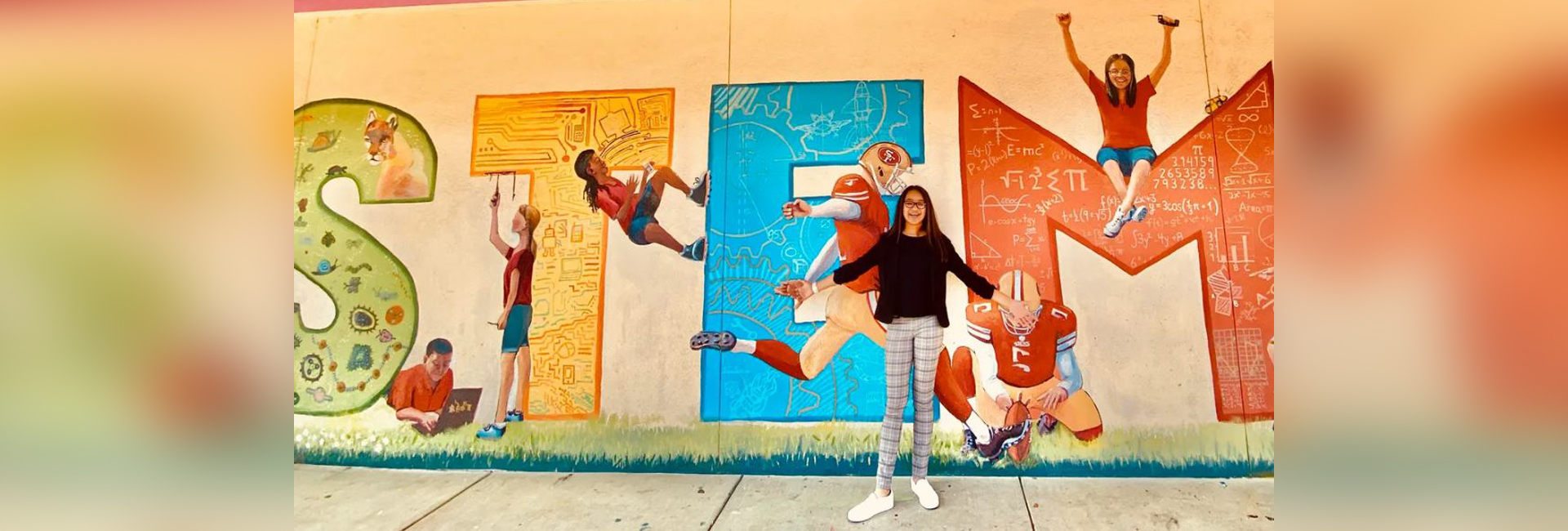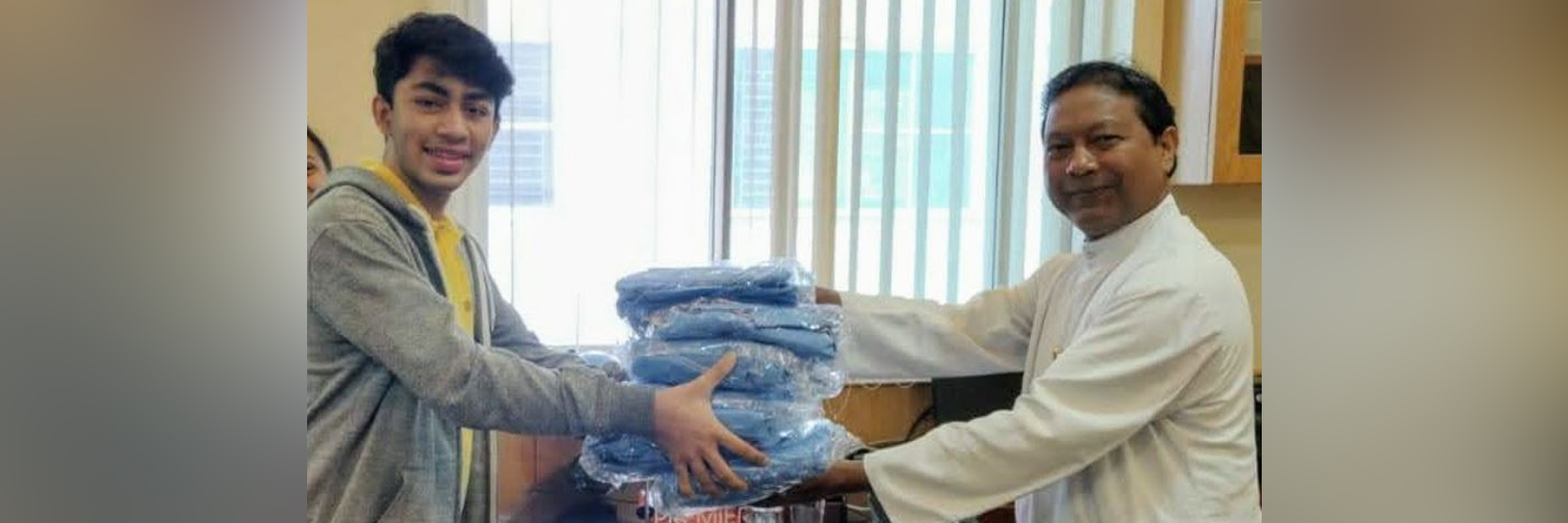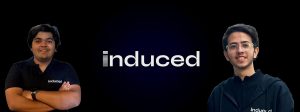(October 27, 2024) In the heart of Ontario, Canada, a remarkable journey began in a modest basement. This is where Tanmay Bakshi, a prodigy in artificial intelligence (AI), first fell in love with technology. His fascination sparked at the tender age of five when he started coding, a passion that took the shape of a mission to revolutionise healthcare and education through machine learning. “For the past 13 years, I have not only been in love with technology but I have been working towards applying it in domains where I believe that have an impact on human lives,” he said at a talk. The 20-year-old Indo-Canadian’s journey is not just a personal quest; it represents the aspirations of many in the Indian diaspora in Canada, where dreams of innovation and progress blend with a rich cultural heritage.
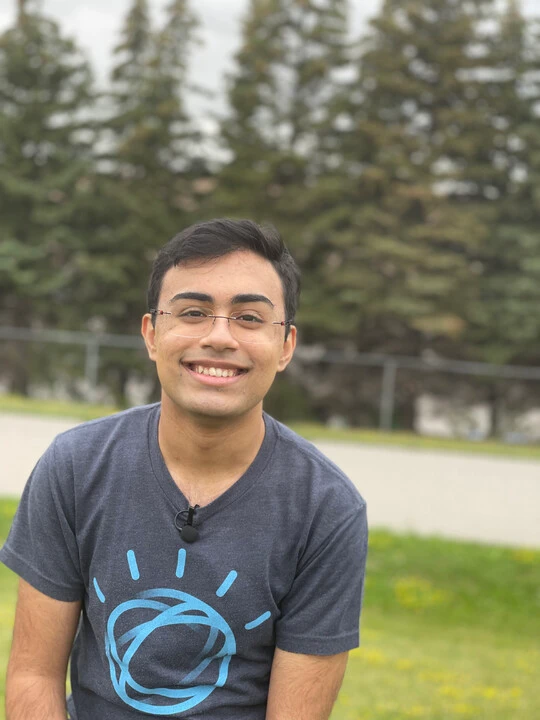
Tanmay Bakshi
From Basement to Brilliance
From a young age, he was curious and this led him to start coding at the age of five. While most kids his age were playing with toys, he was fascinated by his father, Puneet Bakshi’s work as a computer programmer. “It was so fascinating to me how computers could really do anything,” Tanmay recalled. His father recognised his budding interest and took the time to teach him programming basics. “I wanted to know what goes on behind the back end and see how you can control the computers and tell them what to do,” he explained.
At just seven years old, Tanmay launched a YouTube channel to share coding tutorials and web development tips. He set a goal to help 100,000 aspiring young coders and responded to thousands of questions from followers around the globe. By the age of nine, he had developed his first app, teaching multiplication, which was accepted into the Apple Store. His parents, immigrants from India, nurtured his interests by encouraging him to explore technology’s possibilities. This environment fostered his growth, allowing him to dream big.
Tryst With AI
Despite his early successes, he began to feel disillusioned with programming, thinking, “I always felt that technology was very limited. I always felt that the moment you put something in, it would become obsolete.” However, his life took a significant turn at age eleven when he stumbled upon a documentary on “question answering machine” IBM Watson while uploading a YouTube video. This was his first encounter with artificial intelligence, and it instantly reignited his passion for technology. “From there, I was just immediately hooked to IBM Watson and AI,” he recalled.
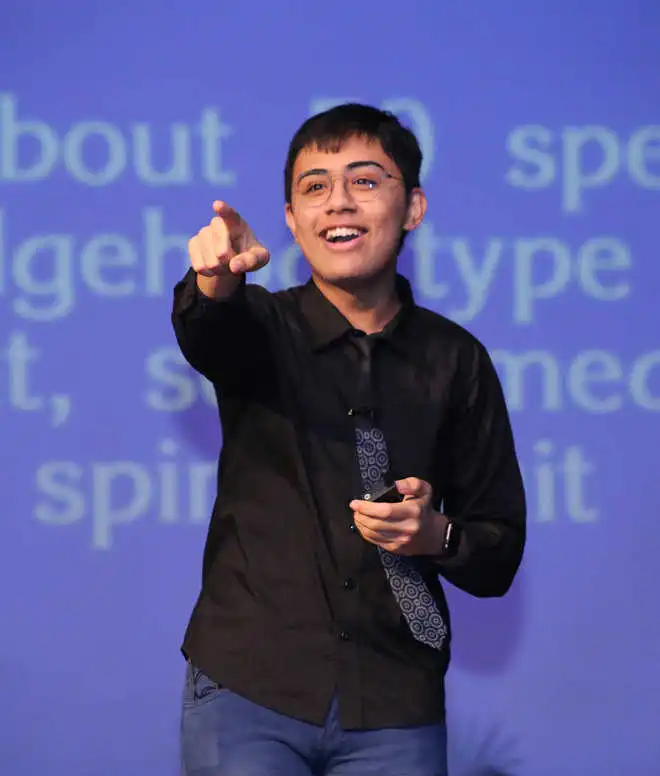

Within a week, he had created his first Watson app, “Ask Tanmay,” which provided users with answers by weighing the best possible responses. Shortly thereafter, he encountered an IBM service called Document Conversion, which could convert documents from one form to another. Still in the alpha stage, in a stroke of serendipity, he discovered a bug in the software and reported it on a programming website and Twitter. His keen observation caught the attention of IBM developers, marking the beginning of a relationship with the tech giant.
However, it hasn’t been an easy journey for the youngster who had to face skepticism around his age and abilities. However, he did not let this deter him. His connection with IBM provided him a platform to showcase his talent, allowing him to push boundaries and challenge perceptions. “I am essentially a kid in the basement trying to solve big problems by using machine learning technology,” he had said.
Making Coding Accessible
In the midst of this journey, Tanmay Bakshi also took on the role of an educator. He recognized the importance of sharing knowledge and inspiring others. Through his YouTube channel, where he shares tutorials and insights, he reaches a vast audience, encouraging young people to explore the world of coding and AI. His efforts reflect the ethos of the Indian diaspora, where education and community support are deeply valued.
A Vision for the Future
His vision extends beyond personal success; he aims to make technology accessible to everyone. He believes that AI should not only be a tool for the privileged but a force for good that can uplift communities globally. As he continues to innovate, he remains focused on ensuring that technology serves humanity. His work in healthcare and education is driven by a commitment to equity, emphasising that everyone deserves access to the tools that can enhance their lives. “I am most passionate about changing the way we do things. Be it healthcare or education because I feel millions of people don’t have access to the right healthcare and students across the globe are taught the same way as their peers. It doesn’t work because how we as humans learn.”
The Indian community in Canada has played a significant role in shaping Tanmay’s journey. With a strong emphasis on education and technology, the diaspora has produced many innovators and leaders who, like Tanmay, are passionate about using their skills to contribute to society. Tanmay embodies the spirit of this community, showcasing how cultural heritage can inspire a commitment to positive change.
His story reflects the potential of young people to challenge norms, break barriers, and create solutions for a better future. As he continues to work on transformative projects, Tanmay serves as an inspiration to many, proving that age is not a limitation but a stepping stone to greater achievements.

